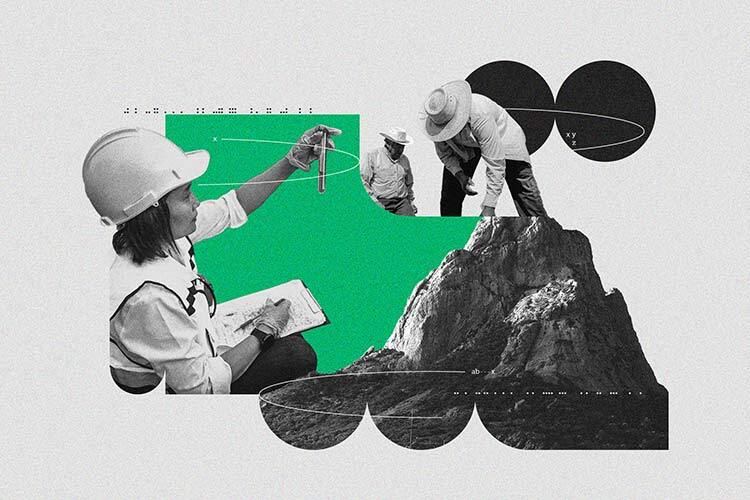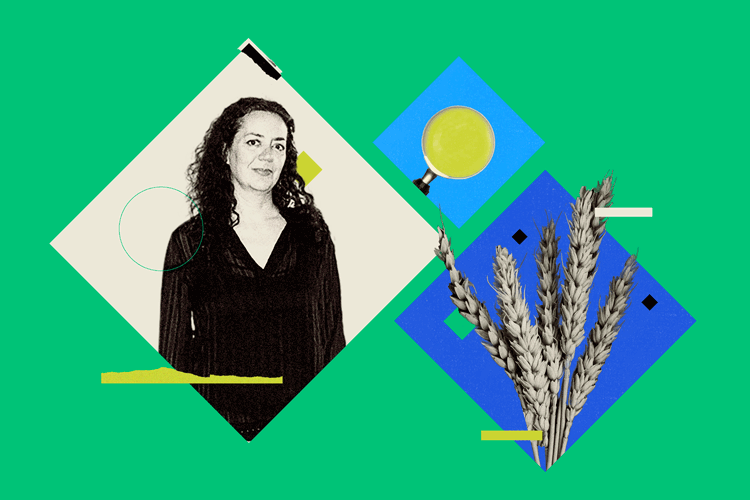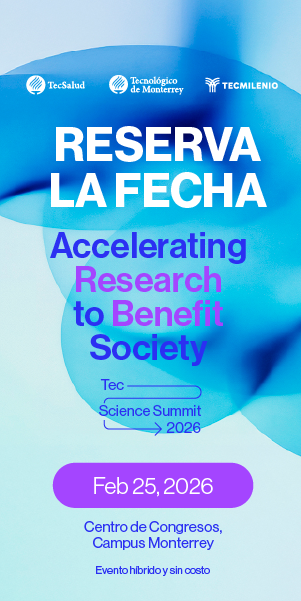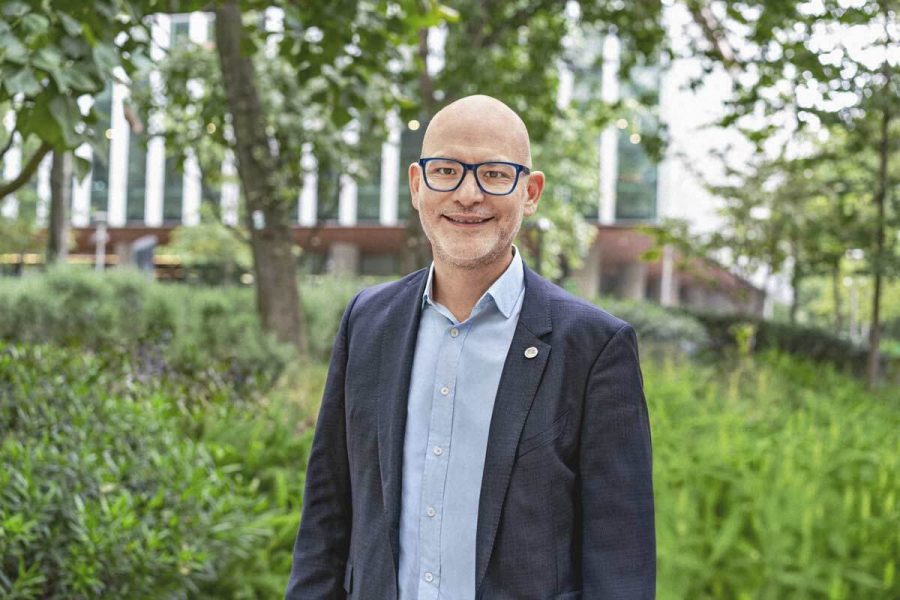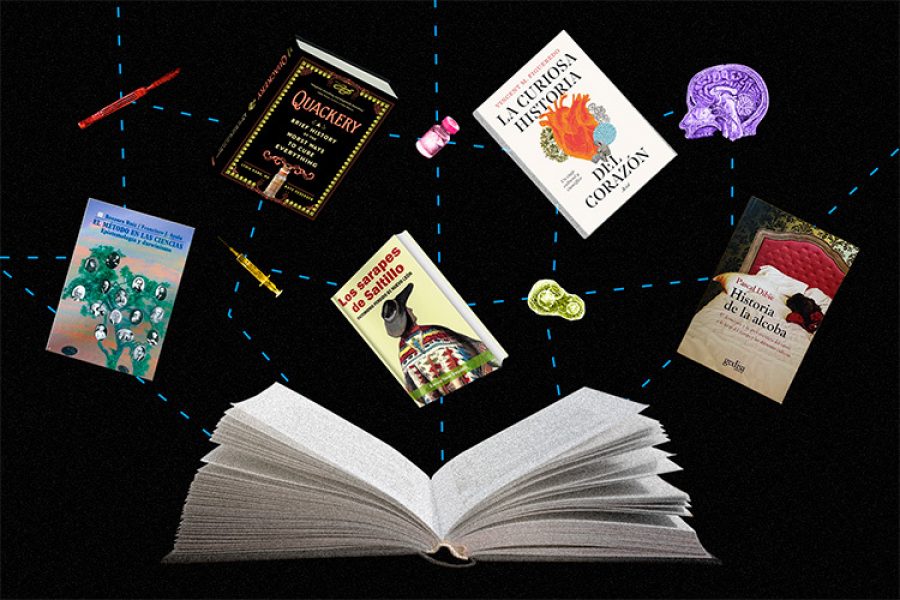In 2017, the United States deported 396,118 migrants, 42% of whom were Mexican, according to data from the Department of Homeland Security and Mexico’s Secretariat of the Interior.
Early in that same year, Robert Irwin, Deputy Director of the Global Migration Center at the University of California, Davis (UC Davis), launched the project Humanizing Deportation: a community archive that hosts over 600 digital narratives where migrants tell their stories and share their knowledge.
María de la Cruz Castro Ricalde, a research professor at the School of Humanities and Education at the Tecnológico of Monterrey who’s also part of the project, thinks that official migration statistics “tend to hide the human drama behind every deportation.”
The goal of this project is to document the consequences of U.S. and Mexican immigration policies through the firsthand experiences of those who live them. The stories in this archive go beyond the numbers to listen closely to what matters to migrants, what pains them, and what they know.
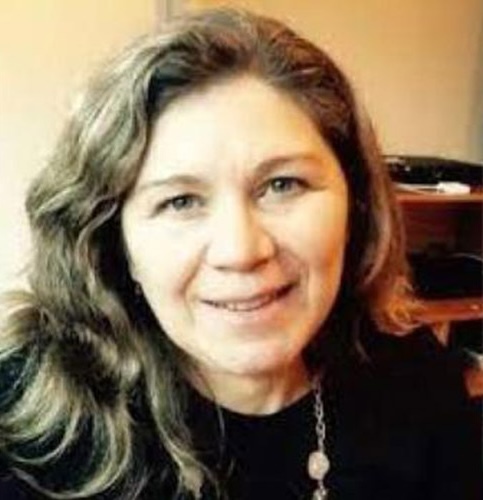
Humanizing Deportation Through Digital Storytelling
When collecting these testimonies, with their PhDs and books under their belts, Maricruz and Robert become simple facilitators of stories. They hold back their academic questions and interests, limiting their participation to offering their technological knowledge in service to the migrants.
“You’re the experts, and that’s why we want to record your stories,” Irwin explains before recording their testimonies.
That way, the interaction between researcher and migrant becomes a horizontal exchange: “you offer your technological knowledge, and the other person shares fragments of life, situated knowledge, embodied wisdom.” In other words, a type of understanding that can only come from being a migrant, Castro adds.
This methodology is known as digital storytelling and is the foundation of the project that began at UC Davis but quickly expanded.
Within a year since it kicked off, institutions like Tec de Monterrey, The College of the Northern Border, the Autonomous University of Chihuahua, and the University of Guadalajara started contributing to the archive.
A Growing Issue
The project evolved alongside the changing migration phenomenon. In 2018 —when the first migrant caravans drew media attention— the Humanizing Deportation team decided to amplify its focus beyond deported persons to also collect testimonies from migrants in transit.
This led them to adapt their protocols for gathering stories more quickly, as some migrants stayed in shelters for only a day.
With the arrival of the Covid-19 pandemic, their work slowed down, same as the rest of the world. They adapted their work methods once again to continue collecting testimonies, even via WhatsApp. During this time, under Title 42, both the Trump and Biden administrations were rejecting migrants, citing public health risks.
“Migration is constantly changing, there are always new dynamics to document, and that’s why we’ve kept going in the last nine years ago,” Irwin says.
Over time, the Humanizing Deportation community archive has also become a resource for scientific research. That’s the case for the papers on deported mothers that Castro has published.
In these studies, the professor, who also holds a doctorate in Modern Literature, explores how women separated from their children by deportation transform their practice of motherhood by having to exercise it across borders.
Beyond generating academic research, Castro believes that “the more testimonies we have, the more certainties we’ll have about their needs and, through tat, offer better recommendations for public policy.”
In this sense, the archive can become an access point for knowledge that can inform government decision-making. On the other hand, telling their stories can benefit migrants themselves.
Robert Irwin explains that, for migrants, being listened to by the research team represents a validation of their stories. “They realize they hold knowledge that others ignore,” he says.
He adds that migrants are aware of the misinformation and sensationalism around their experiences, and they’re motivated to correct inaccuracies through their testimonies.
A New Perspective
Castro believes that researchers and journalists often approach migrants with a cluster biases and previous knowledge. Even without ill intent, this can steer conversations toward the interviewer’s own interests.
By contrast, “when migrants speak for themselves, they offer a perspective that’s outside the biases of or formation, class, gender, knowledge, or age.”
In addition to helping migrants recognize the importance of their stories, taking part in the community archive has helped them realize that many of the problems they face are shared, helping them feel less alone in their struggles.
Students at the Tec de Monterrey have also been benefited from working with Humanizing Deportation. Along with learning a scientific approach to migration, Castro brings them along to collect narratives in the field.
She’s noticed her students develop soft skills like empathy through their interactions with migrants.
For her personally, listening to and collecting these narratives has challenged her own moral prejudices. Because of that, she says the project has given her more than she could ever give back.
This experience has reshaped her approach to research. From being “a source of knowledge into an ongoing question about my own convictions and worldview”.
Irwin explains how these experiences make students understand how their own lives are touched by the migration phenomenon. “They discovered that within their own family and social networks, there were deported migrants, and they even began finding shelters near their universities.”
Did you find this story interesting? Would you like to publish it? Contact our content editor to learn more at marianaleonm@tec.mx
